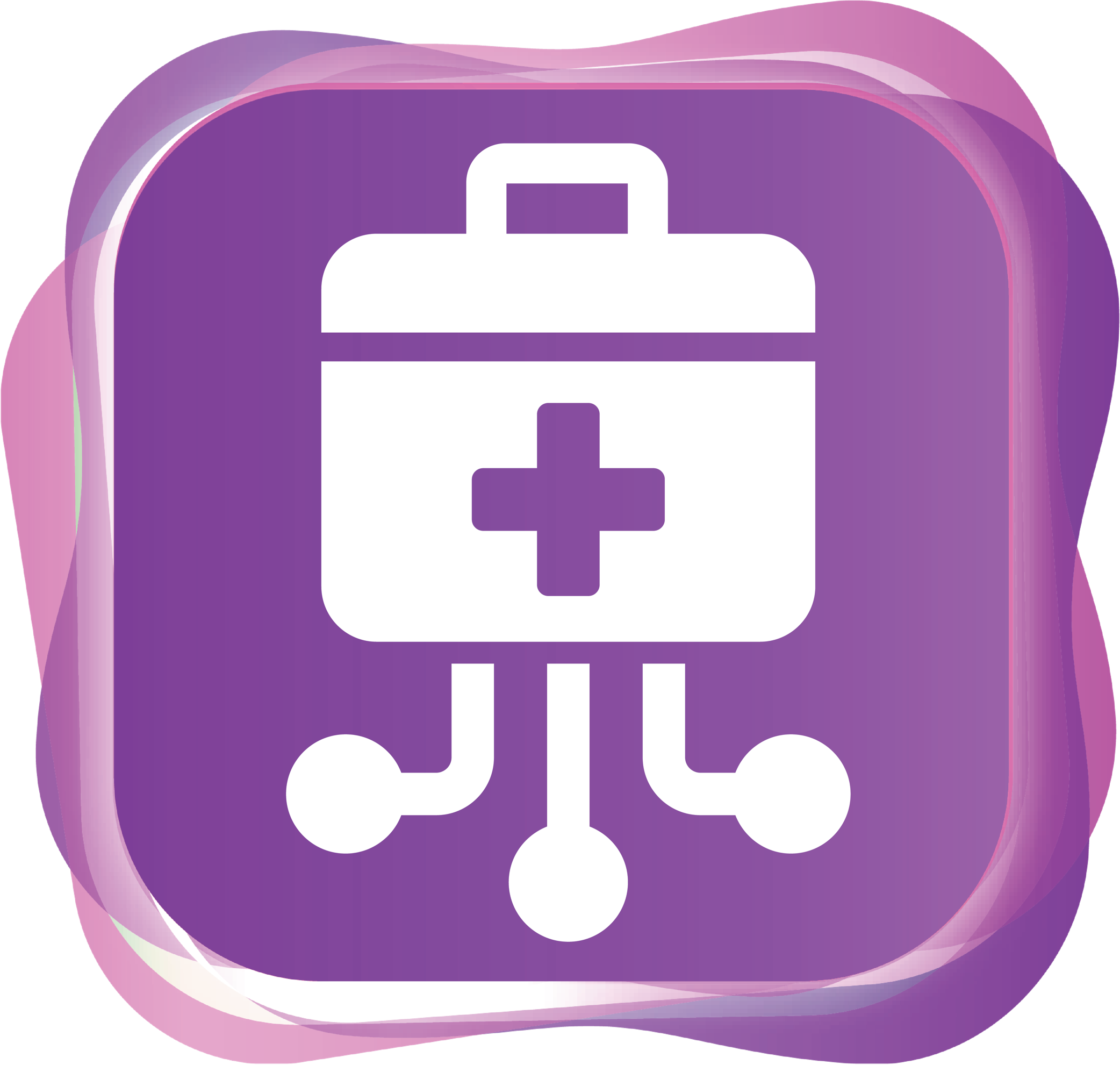 |
CCAI9008 Artificial Intelligence
|
Course Description
“Shaping Population Medicine with AI” offers an insightful and multidimensional introduction to the evolving role of artificial intelligence in healthcare. Tailored for students across disciplines, this course presents the fundamental concepts and practical applications of AI within the context of population health, disease prevention, and healthcare innovation.
This course combines intellectually stimulating discussions with case-informed analysis, fostering an environment that values both rigorous inquiry and creative problem-solving. Special attention is devoted to the ethical, cultural, and societal dimensions of AI in medicine, including critical topics such as data privacy, equity, and global health implications. Students are guided to reflect thoughtfully on the integration of technological advancements with human values and societal needs.
Central to the course is a spirit of collaboration and personal growth, encouraging the confident exchange of ideas and the development of effective communication skills. Through a balanced and well-structured approach, students will cultivate a sophisticated understanding of the opportunities and responsibilities that accompany the use of AI in contemporary medicine. Upon completion, participants will be well-prepared to engage thoughtfully and ethically in the future of healthcare, equipped with both knowledge and the interdisciplinary perspective essential for meaningful contribution.
[A fieldtrip will be scheduled during Reading Week.]

Course Learning Outcomes
On completing the course, students will be able to:
- Critically analyze the impact of AI technologies on healthcare delivery and global health systems, identifying both benefits and challenges.
- Evaluate ethical considerations related to AI in health, including privacy, consent, and data security, and propose solutions to potential dilemmas.
- Demonstrate an understanding of how AI applications in healthcare can vary across cultures and assess the cultural impacts of these technologies.
- Explore the role of AI in addressing socioeconomic determinants of health, recognizing opportunities and limitations.
- Develop interdisciplinary skills by integrating technological, ethical, cultural, and societal perspectives in assessing AI’s role in health contexts.
Offer Semester and Day of Teaching
Second semester (Wed)
Study Load
| Activities | Number of hours |
| Lectures | 12 |
| Tutorials | 12 |
| Seminars | 10 |
| Fieldwork / Visits | 2 |
| Reading / Self-study | 24 |
| Assessment: Essay / Report writing | 40 |
| Assessment: Presentation (incl preparation) | 40 |
| Total: | 140 |
Assessment: 100% coursework
| Assessment Tasks | Weighting |
| Class participation | 20 |
| Group project and presentation | 40 |
| Poster | 40 |
Required Reading
- Barnes, A. J., Zhang, Y., Valenzuela, A. (2024, July). AI and Culture: Culturally dependent responses to AI systems. Current Opinion in Psychology, 1, 101838.
- Berdahl, C. T, Baker, L, Mann, S., Osoba, O., & Girosi, F. (2023, February). Strategies to improve the impact of artificial intelligence on health equity: Scoping review. JMIR AI, 7(2), e42936.
- Malviya, R., et al. (Eds.). (2022). Artificial Intelligence for Health 4.0: Challenges and Applications (1st ed.). Gistrup, Denmark: River Publishers.
- Morley, J., Machado, C. C., Burr, C. J., Joshi, I., Taddeo, M., Floridi, L. (2020, September 1). The ethics of AI in health care: a mapping review. Social Science & Medicine, 260, 113172.
- Sakly, H., et. al. (Eds.). (2022). Trends of Artificial Intelligence and Big Data for E-Health. Cham, Switzerland: Springer.
- World Health Organization. (2021). Ethics and Governance of Artificial Intelligence for Health: WHO Guidance (1st ed.).
- World Health Organization. (2022). Ageism in Artificial Intelligence for Health: WHO Policy Brief (1st ed.).
Course Co-ordinator and Teacher(s)
| Course Co-ordinator | Contact |
| Professor A.K.C. Wai Department of Emergency Medicine, Li Ka Shing Faculty of Medicine |
Tel: 3917 9859 Email: awai@hku.hk |
| Teacher(s) | Contact |
| Professor A.K.C. Wai Department of Emergency Medicine, Li Ka Shing Faculty of Medicine |
Tel: 3917 9859 Email: awai@hku.hk |
| Professor J.W.K. Ho School of Biomedical Sciences, LKS Faculty of Medicine |
Tel: 3917 9512 Email: jwkho@hku.hk |

